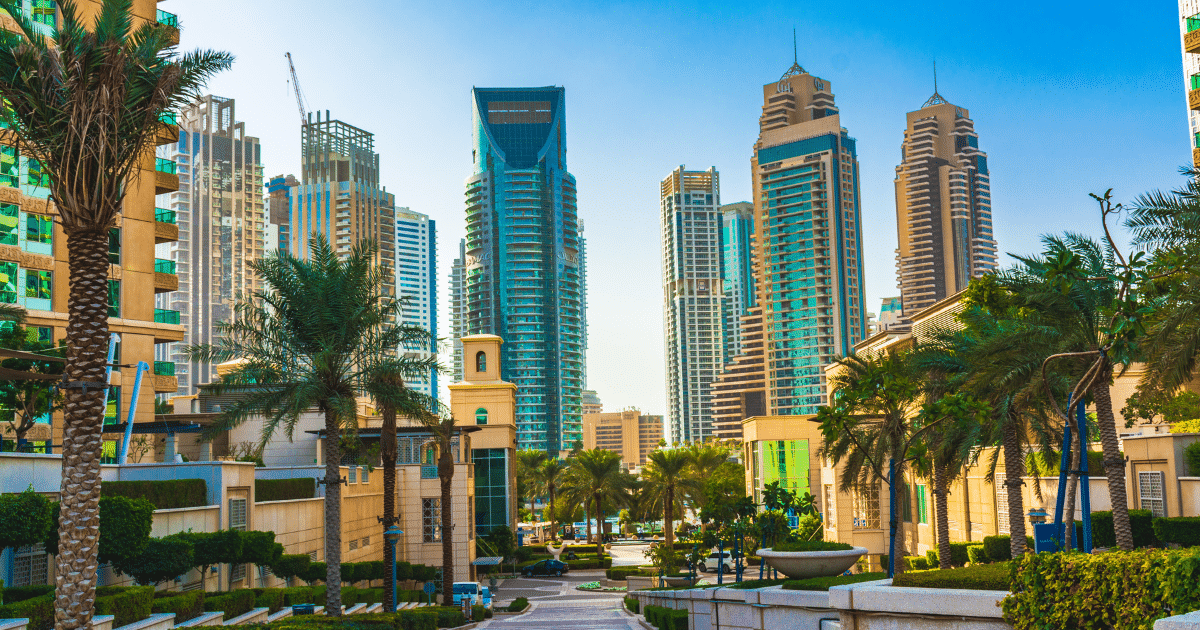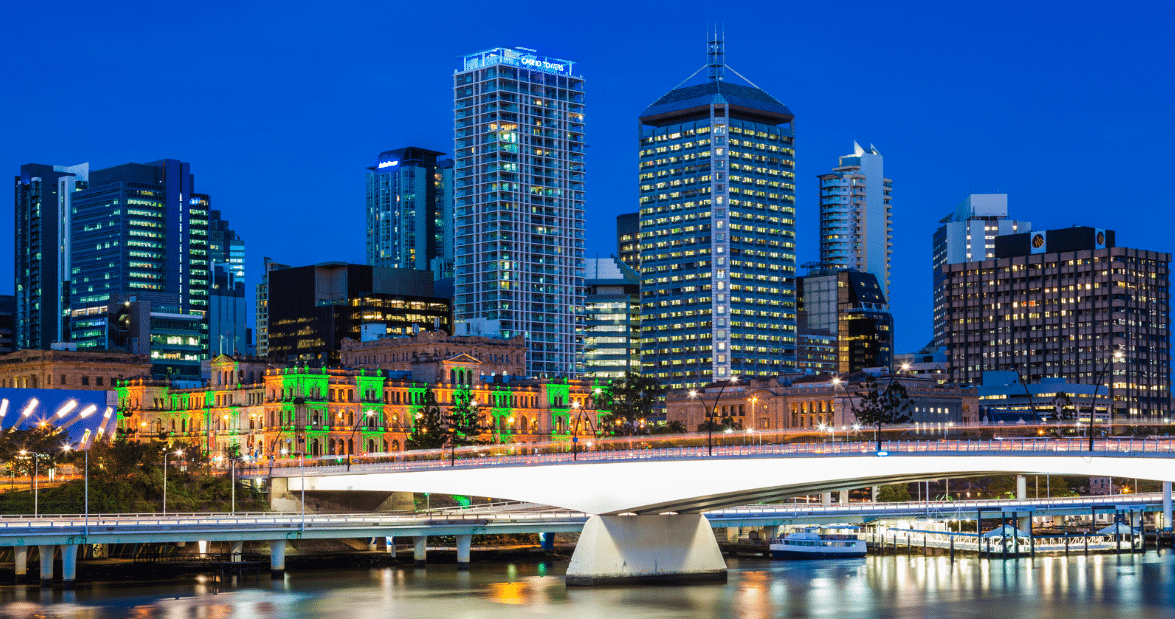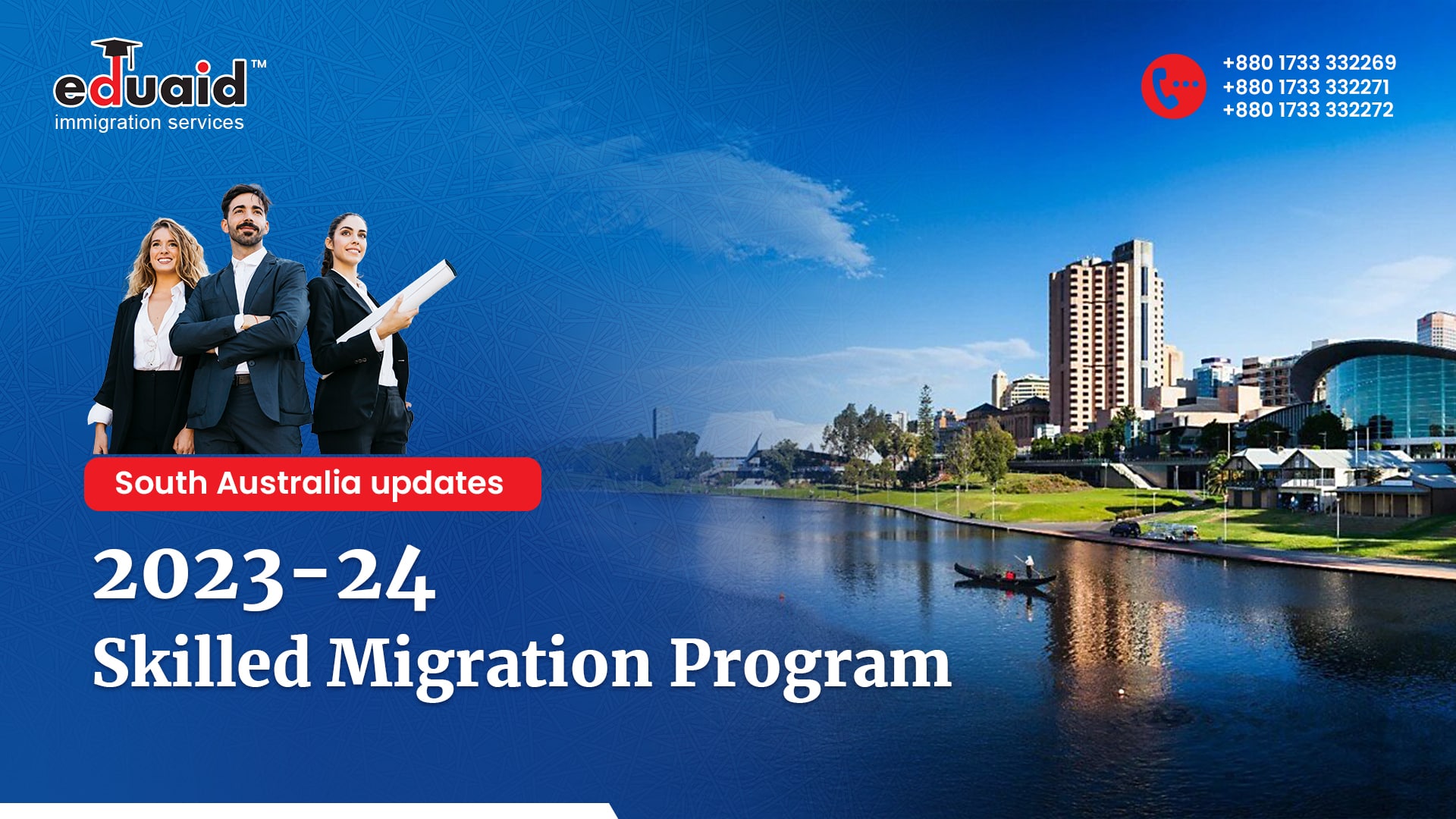Industry leaders in New Zealand are left confused by the government’s decision to opt for an immigration system reset, says June Ranson, chairman of The New Zealand Association for Migration and Investment (NZAMI).
Speaking on New Zealand’s proposed immigration system reset, Ms Ranson said that the controversial announcement lacked depth and detail on the incumbent issues of the reset.
She also said that Immigration New Zealand’s announcement of the ‘once-in-a-generation’ immigration reset makes no sense to professionals working in the immigration sector, as thousands of eligible candidates with essential skills have been left in limbo on their residency status, and now have a massive cloud of uncertainty looming over them.
According to her, the decision not to retain the workers already in New Zealand – and those offshore with essential skills and eligibility – is farcical, especially as New Zealand works towards opening its borders for international travel to remain a globally competitive market.
Ms Ranson also criticised Immigration New Zealand’s decision to move away from ‘low-skill’ migrant labour in favour of upskilling and employing locals.
She said that this approach has pre-existed the coronavirus pandemic, and it has not worked.
Industries including primary, healthcare, hospitality, trades and construction have been relying on migrant labour for years, as a lack of qualified local workers proved filling vacancies in these sectors impossible.
She also voiced discontent at the government’s definition of low-skill migrants, saying that these migrants are undervalued for their work despite being employed in traditionally low-paying jobs.
Furthermore, Ms Ranson also said that lower-skilled migrants do not qualify for residency permits in New Zealand anyways, as the Skilled Migrant Category (SMC) provides pathways to permanent residency in New Zealand for only skilled migrants belonging to ANZSCO skill levels 1, 2, or 3, or those who earn wages one-and-a-half times above the median wage.
Earlier this year, New Zealand Tourism Minister Stuart Nash announced an upcoming immigration reset, which is designed to focus more towards attracting high-skill migrants and moving away from inviting lower-skilled migrants to New Zealand.
The reset of New Zealand’s existing immigration system will also make employer requirements and labour market tests stricter, as the country works on ensuring that more New Zealanders are recruited to fill skill shortages.
According to the immigration reset announcement, temporary migrants can only be employed by employers in New Zealand in case of genuine skills shortages which cannot be filled by local members of the workforce.






